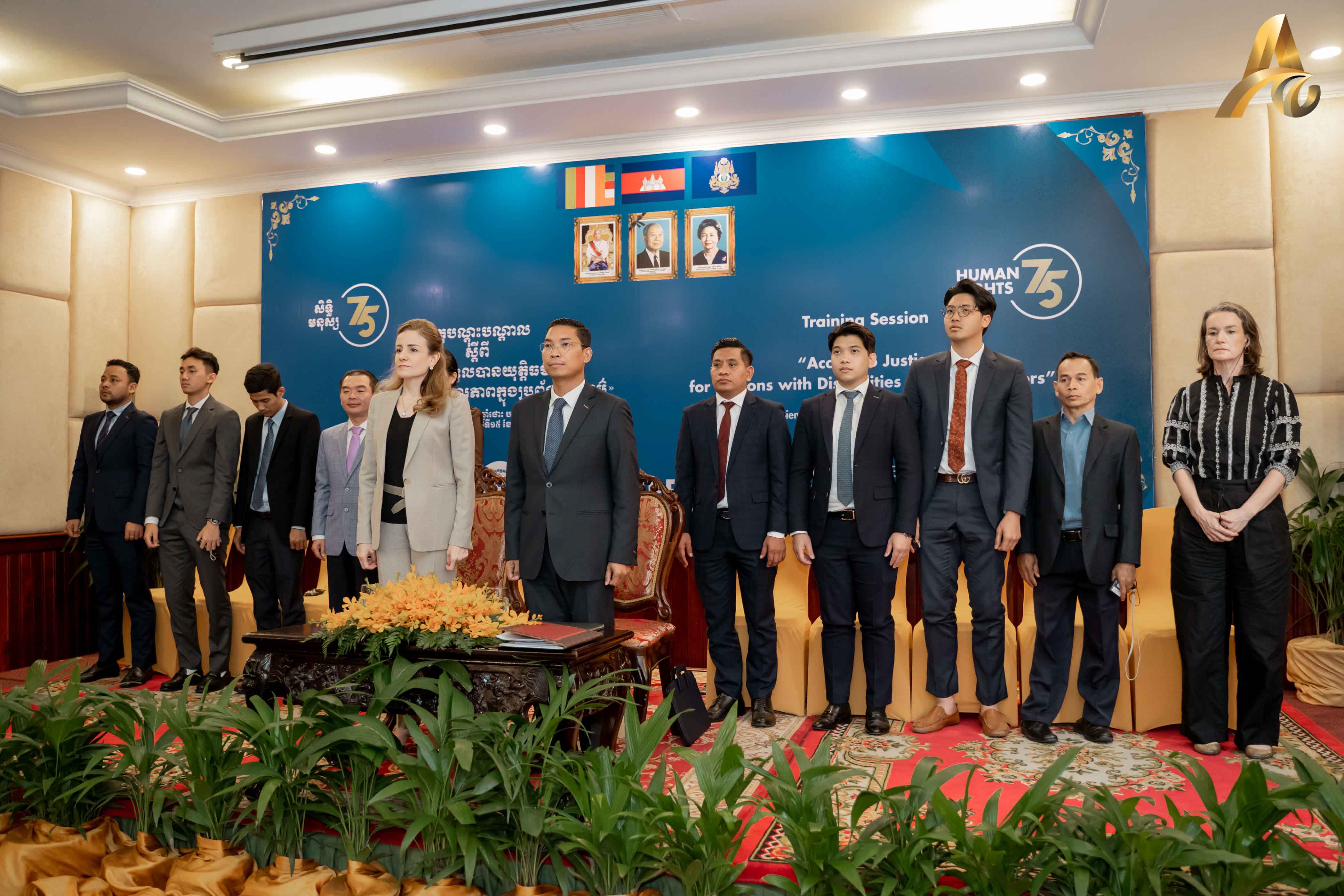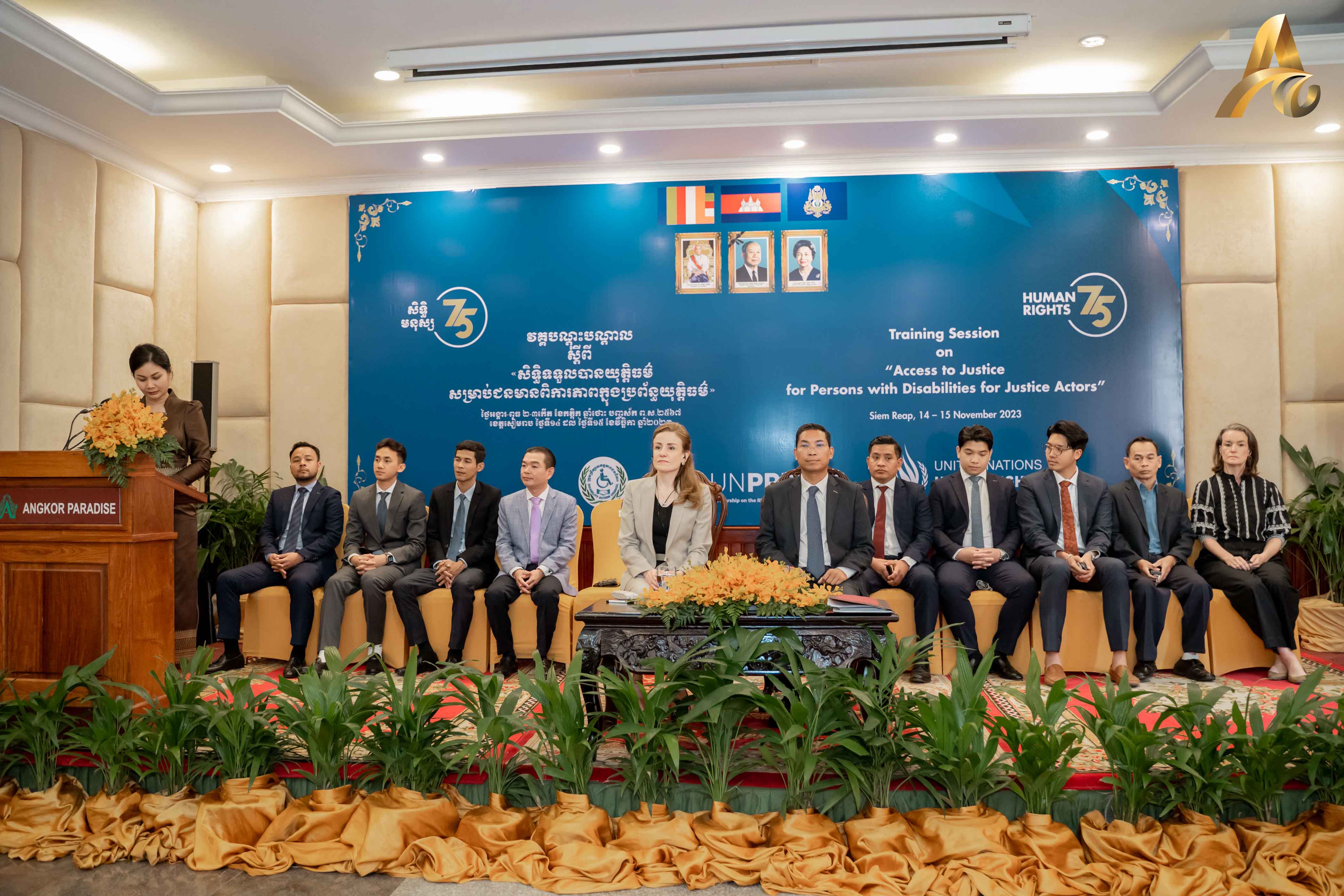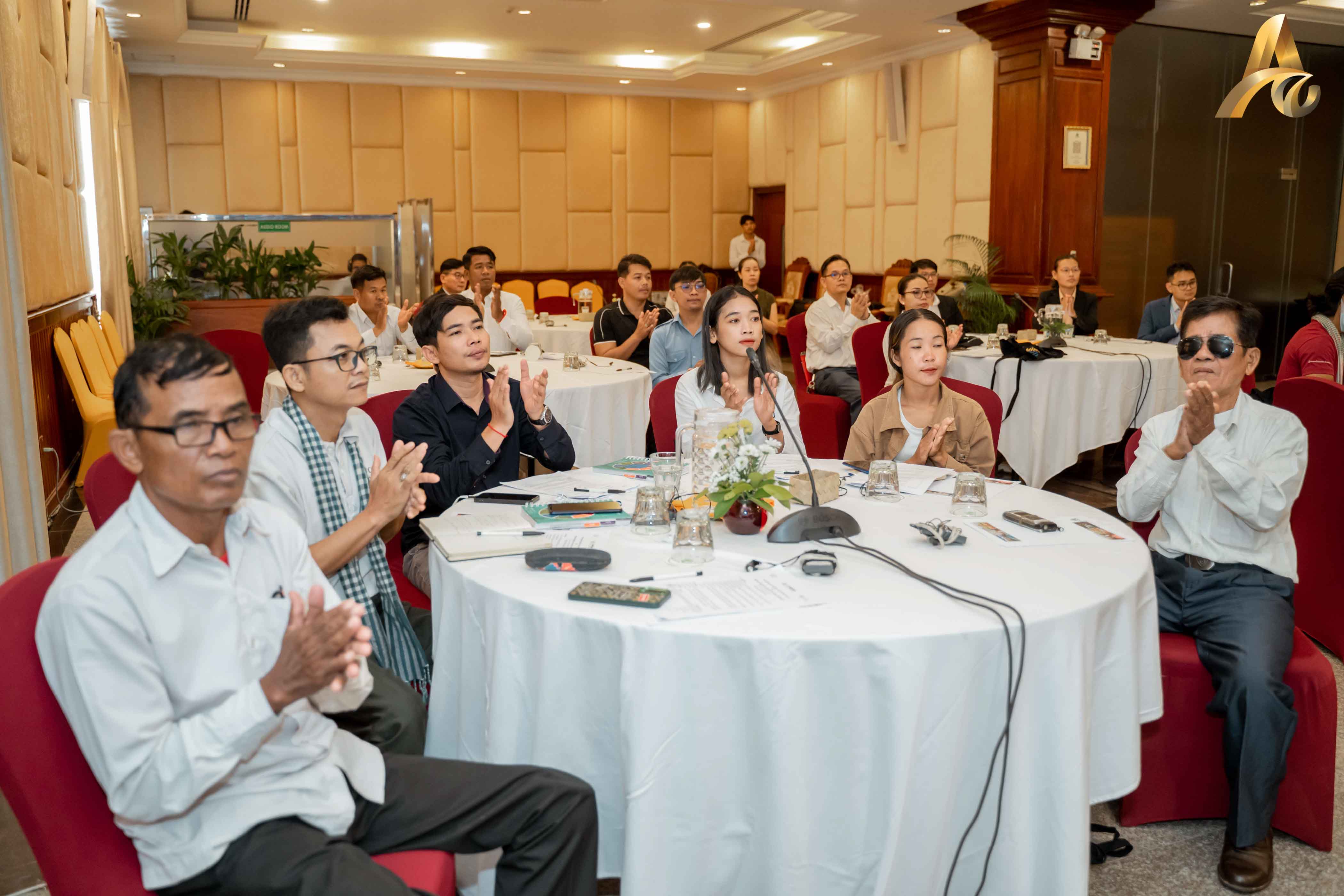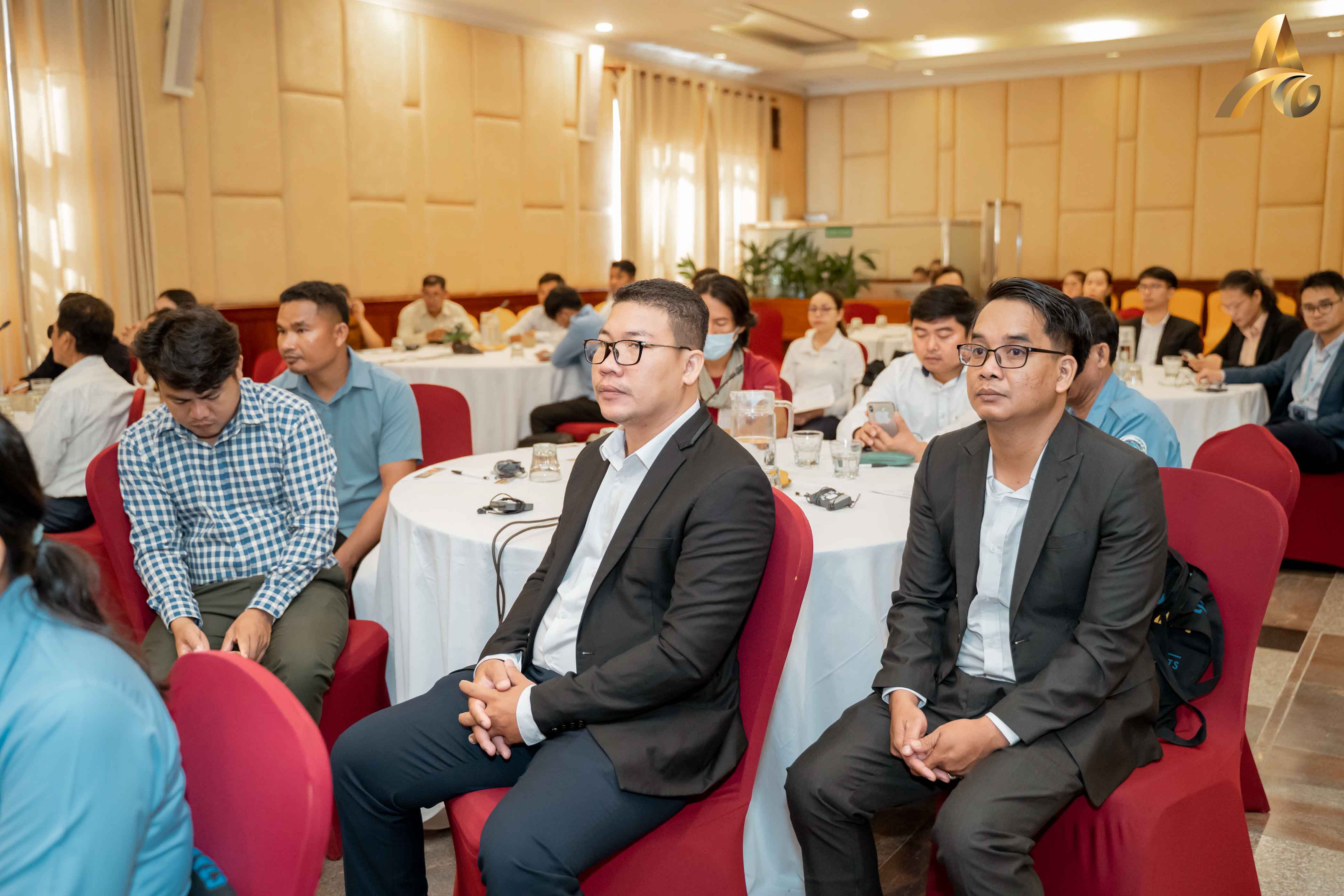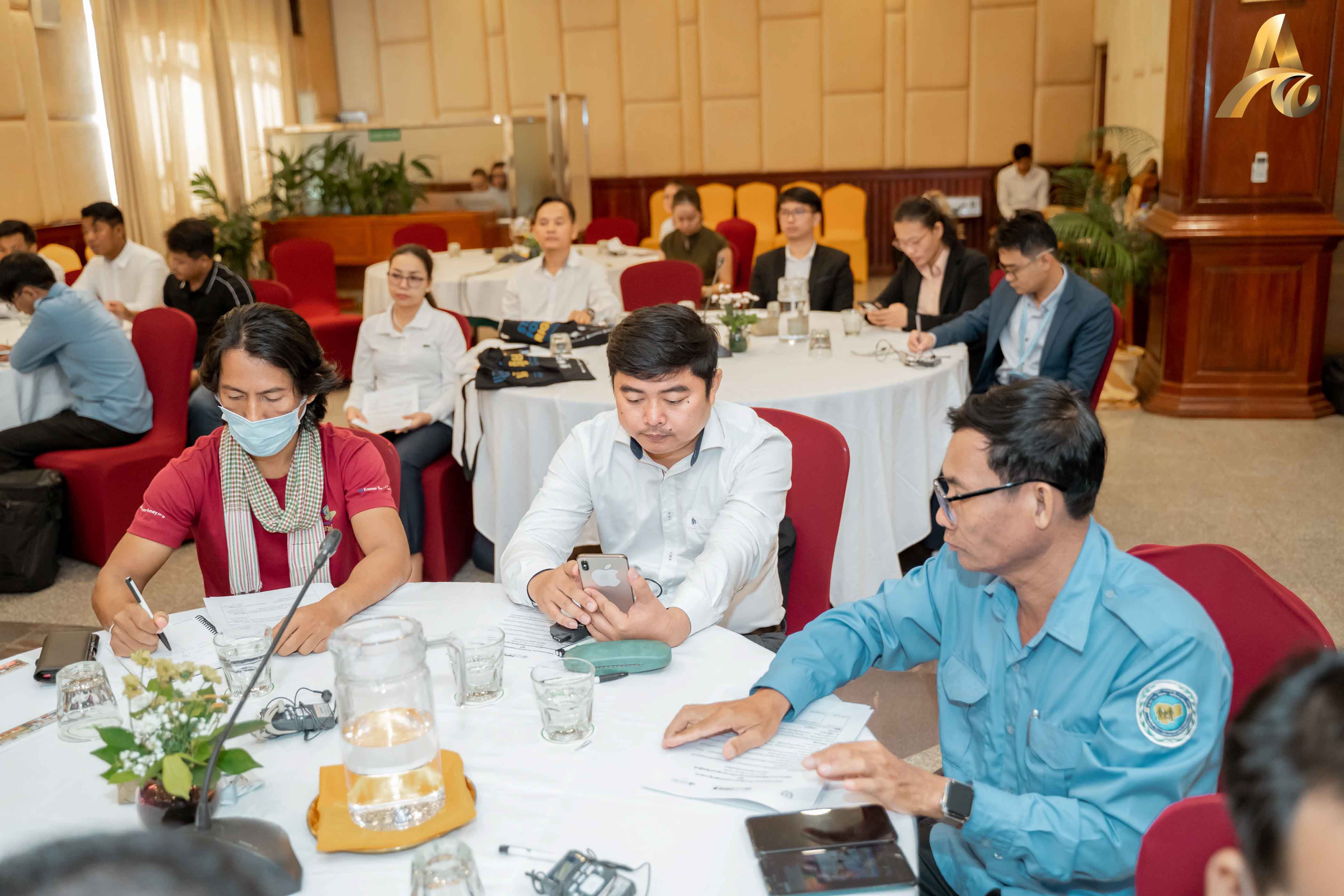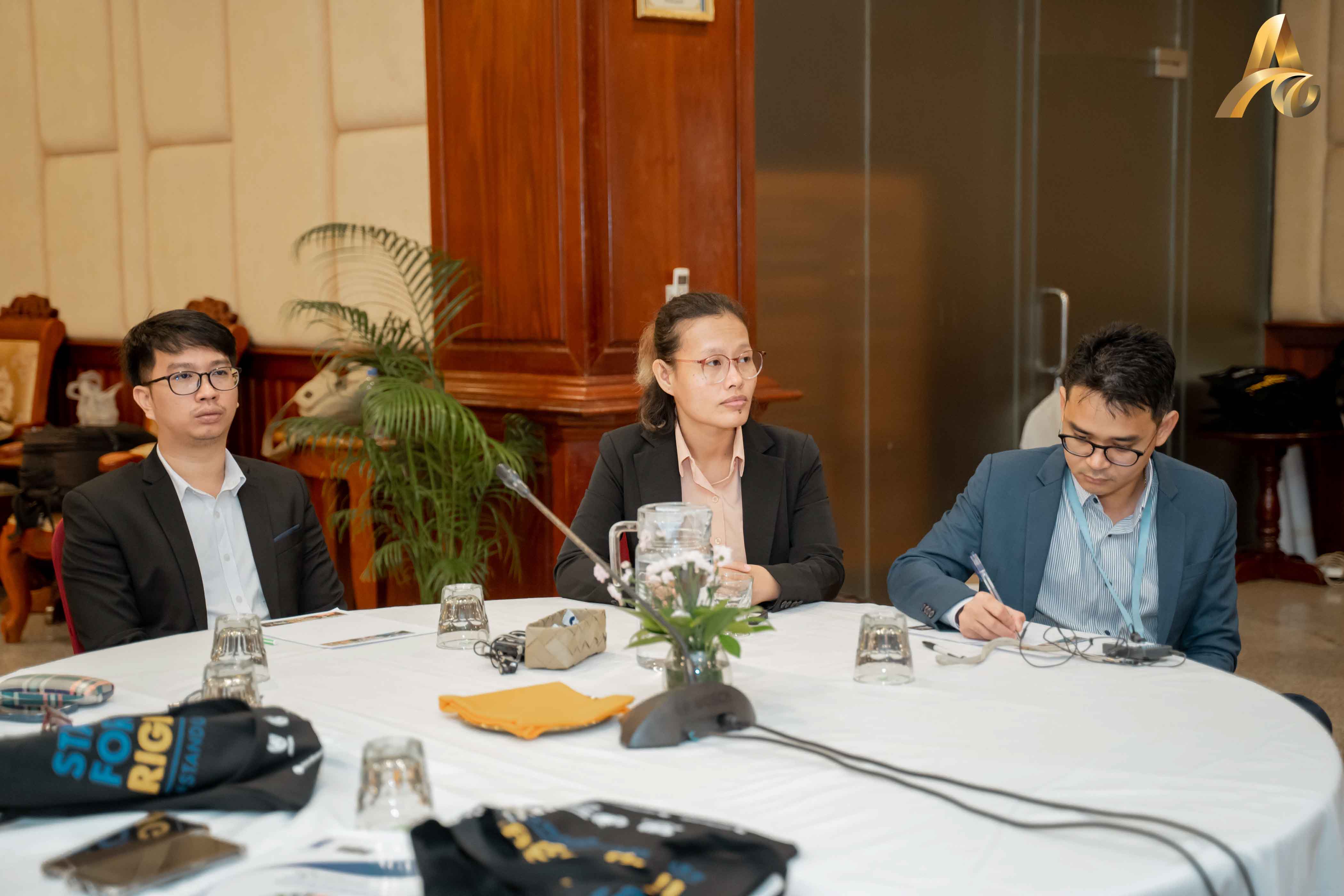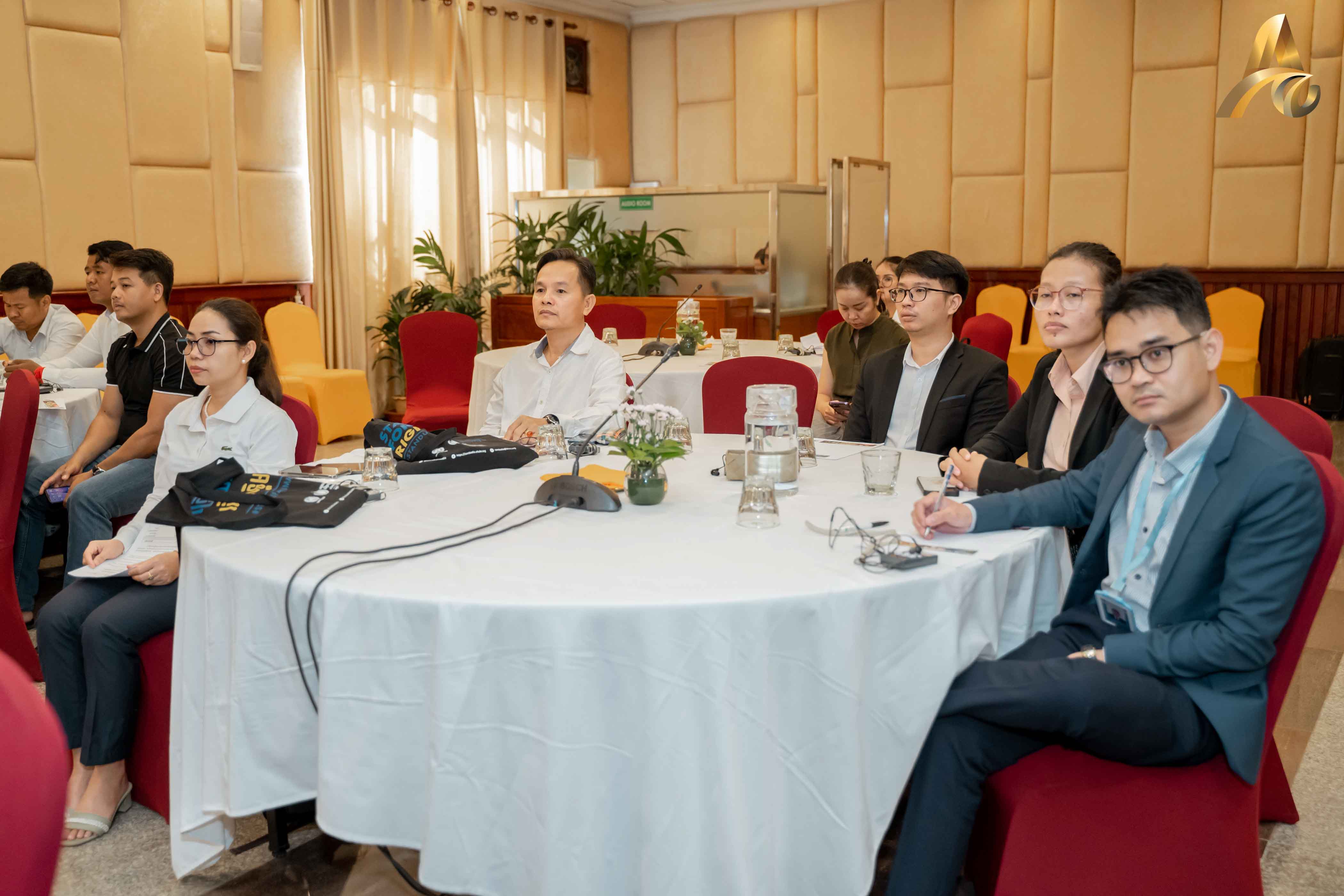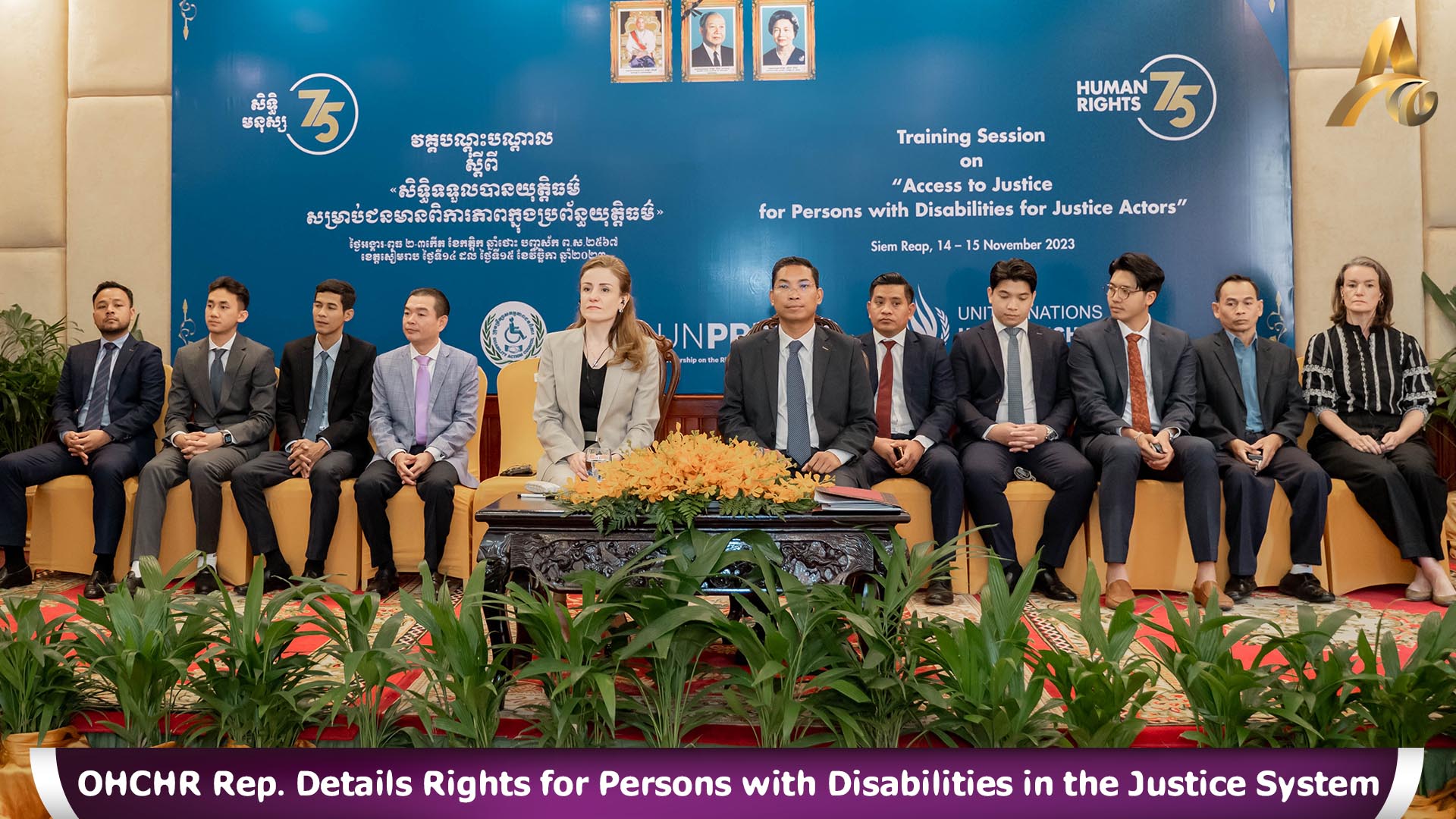SIEM REAP: From November 14-15, members of Siem Reap’s judiciary are receiving training on “Access to Justice for Persons with Disabilities” through a partnership between the UN’s Office of the High Commissioner for Human Rights (OHCHR) and Cambodia’s Disability Action Council.
OHCHR Representative for Cambodia, Roueida El Hage, spoke at the opening ceremony of the course and detailed specific rights that should be allotted to persons with disabilities within the justice system.
The OHCHR representative began by defining the principle of access to justice which “encompasses the right to a fair trial, including equal access to and equality before the courts and seeking and obtaining just and timely remedies for rights violations.” She emphasized that access to justice is a key foundation of democratic governance that must not be overlooked.
El Hage pointed out that obstacles remain in Cambodia for its disabled citizens when it comes to ensuring their rights within the justice system. “These obstacles include denial of their legal standing and due process guarantees,” she said. “And the inaccessibility of the physical and communication environments during proceedings. Furthermore, national legislation often contains provisions that deny equal treatment of persons with disabilities before courts and other jurisdictional bodies.”
The Convention on the Rights of Persons with Disabilities, which was ratified by Cambodia in 2012, enshrines an explicit right to access to justice. It calls for the elimination of obstacles and barriers faced by persons with disabilities in accessing justice on an equal basis with others. She also mentioned the 2030 Agenda for Sustainable Development which calls for promoting the rule of law and ensuring equal access to justice for all under the motto “leaving no one behind.”
El Hage went on to detail the rights to justice enshrined in the Convention including accessibility and access to information, presumption of innocence, legal aid, and obligation of the State to investigate.
“Participation in the administration of justice is a fundamental condition of citizenship,” she said. “States should enable persons with disabilities to participate in public and political life on an equal basis with others.”
As representative of the OHCHR to Cambodia, she pledged to continue working with Cambodia’s Disability Action Council to assist in building national capacity through advisory services, training workshops, and engaging with the wider community to forge partnerships and raise awareness.



